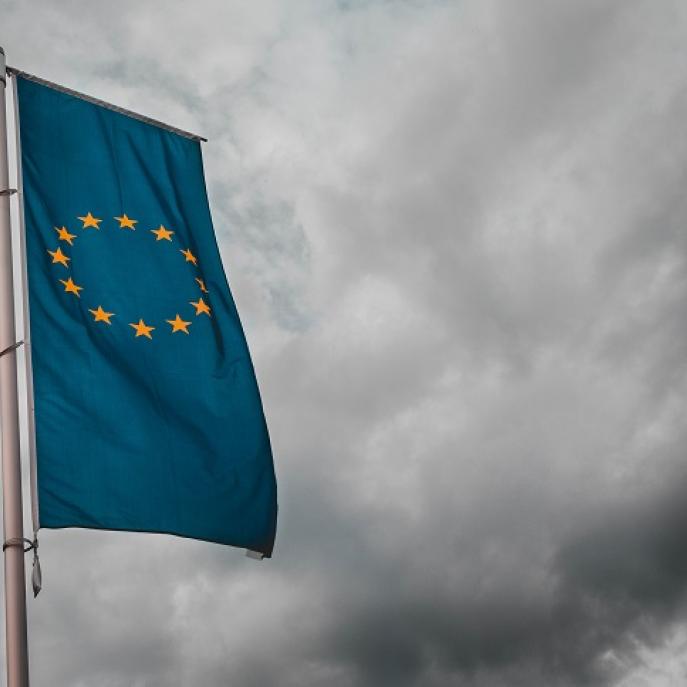Achieving a climate-neutral EU by 2050 becomes a legal obligation to all member states
The European Council ended the European climate law's adoption procedure and set into legislation the objective of a climate-neutral EU by 2050.
This step transforms the European Green Deal’s political commitment to EU climate neutrality by 2050 into a binding obligation, which means that the EU will aim for negative emissions afterwards.
Parliament rapporteur Jytte Guteland (S&D, Sweden) said:
“I am proud that we finally have a climate law.
We confirmed a net emissions reductions target of at least 55%, closer to 57% by 2030, according to our agreement with the Commission.
I would have preferred to go even further, but this is a good deal based on science that will make a big difference.
The EU must now reduce emissions more in the next decade than it has in the previous three decades combined, and we have new and more ambitious targets that can inspire more countries to step up.”

The new law sets a binding Union climate target of reducing net greenhouse gas emissions (emissions after deduction of removals) by at least 55% by 2030 compared to 1990.
By 30 September 2023, and every five years thereafter, the Commission will assess the collective progress made by all EU countries and the consistency of national measures towards the EU’s goal of becoming climate neutral by 2050.
Now that the European climate law has been adopted by both the European Parliament and the Council, citizens and businesses have the legal certainty and predictability they need to plan for this transition.
Given the importance of independent scientific advice, and based on a proposal from Parliament, a European Scientific Advisory Board on Climate Change will be set up to monitor progress and to assess whether European policy is consistent with these objectives.
In addition, an upcoming proposal from the Commission on the LULUCF Regulation (Land use and forestry regulation for 2021-2030) to regulate GHG emissions and removals from land use, land use change and forestry, will increase EU carbon sinks and will hence de facto increase the 2030 EU’s target to 57%.
At the same time, it will publish a projected indicative Union’s greenhouse gas budget for the period 2030-2050, together with its underlying methodology.
“I warmly welcome this final step of the adoption of the EU’s very first climate law, which enshrines into legislation the 2050 climate neutrality objective.
An agreement on the European climate law has been a priority for the Portuguese Presidency and I am glad that we have successfully brought it over the finishing line,” said João Pedro Matos Fernandes, Minister of Environment and Climate Action.
The Commission plans to present a series of proposals on 14 July 2021 in order for the EU to be able to reach the more ambitious 2030-target.
















